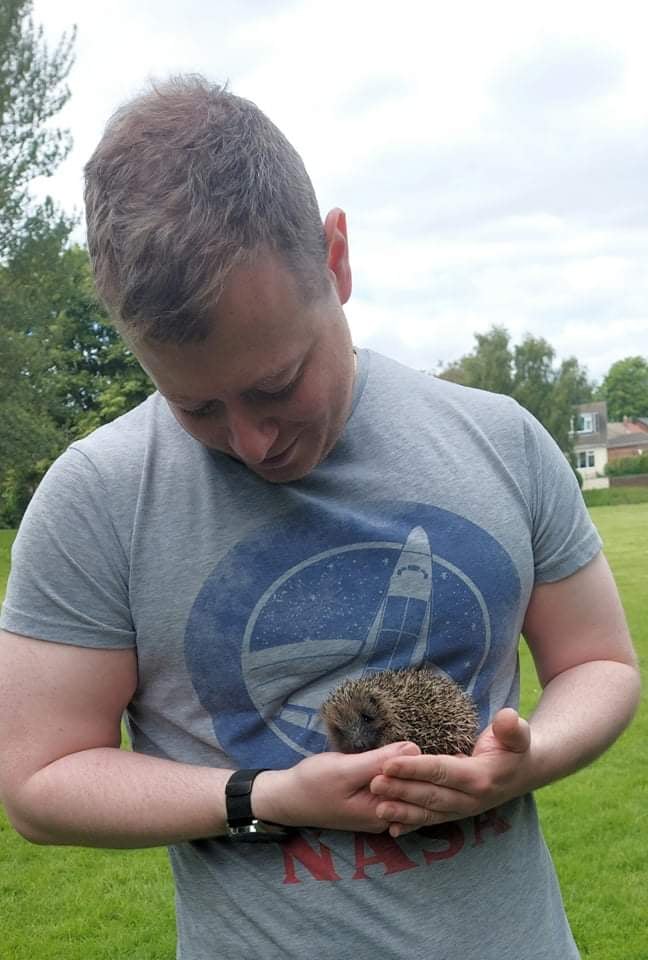An event was held in Gateshead at the Sage to encourage more young girls to go for careers in male-dominated workforces.
The event in January was claimed to be the largest girls STEM event that had ever been hosted and around 300 11 to 13 year old girls attended. The events happening for science, technology, engineering and mathematics, such as #GirlsinSTEM, hope to encourage more young girls and women to go for careers in STEM industries.
WISE [Women Into Science and Engineering] campaign released statistics that showed 104,000 more women had joined STEM industries from 2015 – 2016 which was a 15% increase from the previous years. This may be due to the events that have happened nationwide to encourage more young women to go for careers in those sectors.
Grace Laws, a PHD researcher of Neuroscience at Newcastle University, said: “Being a female PHD Student, the cohort of intake for my year, there’s about 20 PHD students in the institute and all bar one or two are female. I think there’s been an active encouragement to take on more females in science.
“If anything, we are positively discriminated against in some respects to be able to get positions. There’s an understanding that in the past it’s been more difficult for women, but I think now it’s a lot easier to get involved.”
When asked what advice she would give to young women wanting to go for careers in STEM, Miss Laws said: “I would say just go for it! I don’t think there’s anything holding you back being a woman and applying for those positions.”
University of Sunderland Sociology lecturer, Dr Donna Peacock and lecturer of Computer Science Alastair Irons have conducted research into Gender inequality in Cyber security. Their research will be published in the International Journal of Science and Technology.
Dr Donna Peacock believes there is still difficulty with getting young girls involved in STEM careers. The research suggests that “girls have a non-STEM identity” instilled into them before the age of 10.
She said: “I think it’s more than a stigma. They see it [STEM] as a male thing. This is coming from their homes, wider society, and careers education within schools.
“I’d definitely like to see more girls go into STEM. The events are a brilliant idea, but more needs to be done.”
She thinks young girls and women need to be better educated into what career options are available with STEM.
More STEM events are happening nationwide and are playing a crucial role in inspiring young girls to go into these industries.
The national newspaper, The Telegraph, hosts ‘STEM awards’ which could see one STEM undergraduate win £25,000 for their idea which could lead to industry placements. World-leading employers that support the STEM awards include: Glaxosmithkline, Rolls-Royce and Babcock international group. There will be a ceremony in June in London to announce the winners.
More information on The Telegraph awards can be found here.



